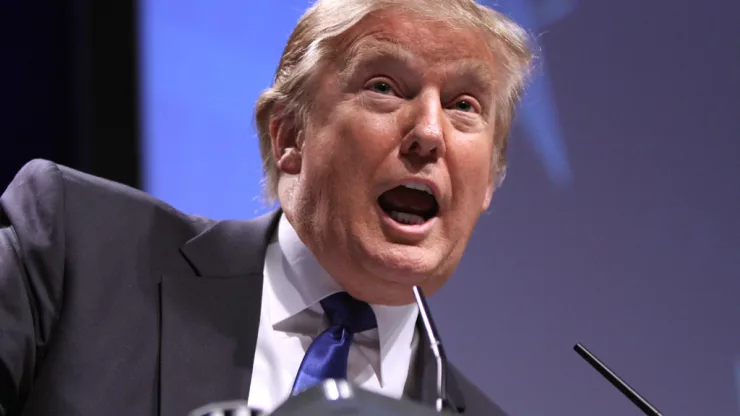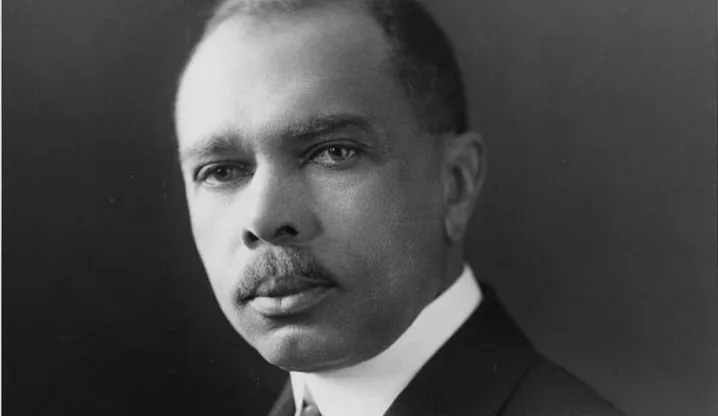In a move that has ignited debate, former President Trump’s 2024 campaign recently announced a plan to end birthright citizenship via an executive order on his first day in office if he wins the election. Despite this announcement, most legal experts agree that a president does not have the authority to end birthright citizenship through an executive order, primarily because the practice is enshrined in the U.S. Constitution. Here are ten reasons why Trump can’t end birthright citizenship by executive order without Congress:
- The 14th Amendment: Birthright citizenship is rooted in the 14th Amendment of the U.S. Constitution, which states, “All persons born or naturalized in the United States, and subject to the jurisdiction thereof, are citizens of the United States and of the state wherein they reside.” This amendment would need to be revised or repealed by a constitutional amendment, which requires the approval of two-thirds of both the House of Representatives and the Senate, and ratification by three-fourths of the states.
- The Supreme Court Precedent: The interpretation of the 14th Amendment—that it applies to children born in the United States regardless of the parents’ immigration status—has been upheld since an 1898 Supreme Court case involving a U.S. citizen with Chinese parents. Overturning this precedent would likely require a Supreme Court decision.
- Separation of Powers: The U.S. government operates under a system of checks and balances. The president does not have the power to unilaterally change the Constitution or interpret its meaning without the involvement of the judicial branch (the courts) and the legislative branch (Congress).
- Executive Order Limitations: Executive orders are not legislative acts and cannot repeal or modify existing laws or the Constitution. They are meant to direct the operations of the executive branch within the existing legal framework.
- Potential Legal Challenges: Any attempt to end birthright citizenship through an executive order would likely face immediate legal challenges, potentially resulting in injunctions that would halt the order’s enforcement.
- International Law Considerations: Birthright citizenship is a standard practice in many countries, especially in the Western Hemisphere. Ending it could have significant implications for international relations and could potentially violate international law.
- Practical Implementation: Even if such an executive order could legally stand, there are numerous logistical and administrative challenges associated with implementing a change of this magnitude.
- Public and Political Opposition: There would likely be significant public and political opposition to such a move, including from within Trump’s own party. This opposition could create further obstacles to implementation.
- Potential for Unintended Consequences: Ending birthright citizenship could have a range of unintended consequences, including increasing the number of stateless individuals, complicating the immigration system, and impacting the U.S. economy.
- Historical Context: Birthright citizenship is a longstanding part of U.S. law and tradition, dating back to the post-Civil War era. Changes to such established practices are typically difficult to make and require broad consensus.
In conclusion, while Trump’s pledge to end birthright citizenship via an executive order has garnered significant attention, the likelihood of such a change occurring without the involvement of Congress—and potentially the Supreme Court—is very low.
The Constitution’s protections and the complexities of U.S. law present significant barriers to this proposed executive order.
FAQ:
What is birthright citizenship?
Birthright citizenship is a principle enshrined in the 14th Amendment of the U.S. Constitution.
It grants citizenship to anyone born on U.S. soil, regardless of the parents’ immigration status.
What is Trump’s proposal on birthright citizenship?
Former President Trump’s 2024 campaign has announced a plan to end birthright citizenship through an executive order on his first day in office, if he wins the election.
Can a president end birthright citizenship through an executive order?
Most legal experts agree that a president does not have the authority to end birthright citizenship through an executive order, as the practice is enshrined in the U.S. Constitution.
What would it take to end birthright citizenship?
Ending birthright citizenship would likely require a constitutional amendment, which necessitates the approval of two-thirds of both the House of Representatives and the Senate, and ratification by three-fourths of the states.
Has there been a previous attempt to end birthright citizenship?
While there have been debates and proposals over the years, there has not been a successful attempt to end birthright citizenship at a national level in the United States.
How does birthright citizenship impact the immigration system?
Birthright citizenship provides a straightforward path to citizenship for individuals born in the U.S. If it were to be repealed, it could complicate the immigration system and potentially increase the number of stateless individuals.
What is the international stance on birthright citizenship?
Birthright citizenship is a standard practice in many countries, particularly in the Western Hemisphere.
However, its application varies globally, with some countries granting citizenship based on the nationality of the parents (jus sanguinis) rather than the place of birth (jus soli).
What is the potential impact of ending birthright citizenship?
The potential impact is wide-ranging and could include an increase in the number of stateless individuals, complications in the immigration system, potential violations of international law, and impacts on the U.S. economy.
Is there public and political support for ending birthright citizenship?
Opinions on this issue are divided. While some argue that birthright citizenship encourages illegal immigration, others maintain that it is a fundamental right enshrined in the Constitution.
Public opinion varies, and there would likely be significant political opposition to such a move.
What are the next steps if Trump’s proposal moves forward?
If the proposal moves forward, it would likely face immediate legal challenges, and its implementation would depend on the outcome of these challenges, along with decisions by the legislative and judicial branches of government.

I am a fun fact enthusiast and creator of Facts On Tap.
I love to share my knowledge and curiosity with readers and inspire them to learn something new every day.
When I’m not writing, I enjoy traveling, reading, and playing trivia games with my friends.





